When I visited Omaha, Nebraska for a Network Summer Service Project, I met Josiah Hazel, an “awesome guitarist” according to our service project leader, “Squinny.” After hearing this, we begged him all evening to play for us, and eventually he sat down with his guitar as we gathered around him. He told us about his band Josiah and the Messiahs that turned into, Settling Houses. Then he began to strum, singing his songs, “Fire Alarms” and “Stormless,” my personal favorite.
On the plane back home, I listened to the rest of his music, enjoying the storytelling and honest lyrics. This is a bit from “Stormless”:
Oh, the sky’s not sympathetic/The stars don’t align or move/It’s nothing but the breathless/Stormlessness of you/Well bad weather’s just weather/And the storm’s not a sign/Even the God rays aren’t perfectly timed/Three two one, now here comes the sun/Little darling, where’d you get your happiness from?/I feel better now that you’re here in this downpour/A story so worn the audience will get bored/But I know…I’ve never loved anyone more than I do right now…
Earlier this year in an interview, Hazel gave his advice for aspiring musicians and insight into his experiences and songwriting.
The following interview has been edited and condensed for clarity.
Why did you want to start making music?
I think it’s something that I’ve always done. When I was 5, I’d force my parents to sit down in a fake audience. So I think it’s always been something I wanted to do. I started playing guitar when I was 14. More than anything, I’m not the most in touch with my feelings, and it’s one of the ways that I’ve been able to sort of express feelings and figure out what I am actually thinking. It’s been a natural outlet for getting past those emotional barriers that I’ve put up in front of myself. And for whatever reason, I can get past those walls when it comes to music.
How did Settling Houses start?
It started in 2017, when I lived in Chicago in a garage with a couple friends, trying to figure out how to play music together, learning how to record music and seeing what would happen, experimenting.
What do you hope listeners will gain from listening to your music?
A lot of the songs I write are written to my younger self who felt alone and confused. So a lot of what I try to write, and I hope it resonates with other people too, are songs that I wish I would’ve had when I was younger. If there is anything I want people to feel from my music is that they are not alone. Not even just in music, but in general, I try to be the person I wish I had when I was a kid.
What is your songwriting process?
It takes a lot of different forms. Usually the lyrics come first because I write a lot of poetry. What I love about music is that you get to play with the lyrics and then you get to add another layer with the music. A lot of times the melody will come first. More than anything if there is any sort of process in place it’s that I don’t ever want to release a song if I don’t know what it’s saying or if it won’t be a song that will make people feel that they belong.
How are you able to find the time to make music while working at Duchesne?
All of the music that is on Spotify has been recorded whenever I can, recorded in cars during lunch breaks. It’s so important to me that I want to make time for it. I always try to make sure that I’m carving out time. I play guitar in the evenings, just trying to have fun with it instead of focusing on how little time there is.
Do you have a favorite song?
I can often be a really harsh critic of myself, and so I don’t have one. Two years ago, my gut instinct would have been to say, “no, none of them are my favorite. None are as good as I want them to be.” I am truly proud of a lot of them. I like “Storm” or “Stormless.” I’m really proud of the flow of that song and the story that it tells. I think lyrically I am really proud of “Petty Crime” and the punchline of it.
How do you feel when you’re on stage? Are you ever nervous or really excited?
I think it’s a little bit of both. There are definitely nerves. I think as a smaller artist there is a feeling and pressure of having to prove why you deserve to be there. There’s also a second-guessing voice in your mind: ‘They didn’t ask you to be here, so why are you here?’ It takes a lot of work to embrace the moment and be willing to just let whatever is going to happen happen, and to find confidence in your songs that they’re worth sharing. These days it’s a bit more exciting than nerves.
What advice do you have for people interested in songwriting and/or starting a band?
Go do it. It is unlikely you’re going to love the first song you write, and that’s okay. I believe this as a general philosophy, but I think it especially applies to music: failure largely doesn’t exist. Not in the way we think of it. If anything, it’s just an opportunity to learn and try something new next time. Keep building on what you’ve been working on, and get in the mindset that if your song isn’t perfect, you haven’t failed. There was a time when I kind of considered myself a failure because I wasn’t reaching the right amount of success with music. I think when I finally got past that sort of limitation I had set for myself, and when I wanted to make music for the sake of making music, it opened up a lot for me. It’s one of those things that is easier said than done, but the sooner you can get to that point where you can let go of expectations and just write and get excited about music, the more fun you’re gonna have.
How did you come up with the structure and theme of “Fire Alarms”?
I was struggling a bit with the feeling that I had failed at living in California, and that having to move back to Omaha was a sign of that. I think that song was a big part of processing. At the moment, I did need to sort of examine those bigger feelings around failure. I think a lot of times when I am in a place where I am not giving myself grace or forgiveness, I can feel like I’m just “dousing the house in gasoline.” So it’s really easy to get so frustrated and focused on all the mistakes you’re making and not be able to celebrate when you make progress and the small things. I think the genuine answer is that I felt like metaphorically that was what I was doing to my life. And only when I was able to do that did I make progress. Writing it absolutely helped me put it into words. I didn’t know how I was feeling until I wrote it.
There is a lot of reference to weather and stars. Was there any specific inspiration for this theme?
It starts with a train announcement, which I recorded at Central Station in Chicago. The lines about the rain coming down and the other person in the song are written about a specific event with me and my wife in that train station: the image of Jenna being caught in the rain. In movies, that’s often a bad omen. The song takes that moment and explores the idea that we put signs into relationships–the idea that the relationship has to be anything but what it is to us. I grew up in a wildly controlling environment, so I spent a lot of my life living with that control and moving through life worrying about what other people thought. This was a way to get out of that. The character in the song is talking about symbols of love. There is no outside force that is going to change who we are as people or who we are to each other.


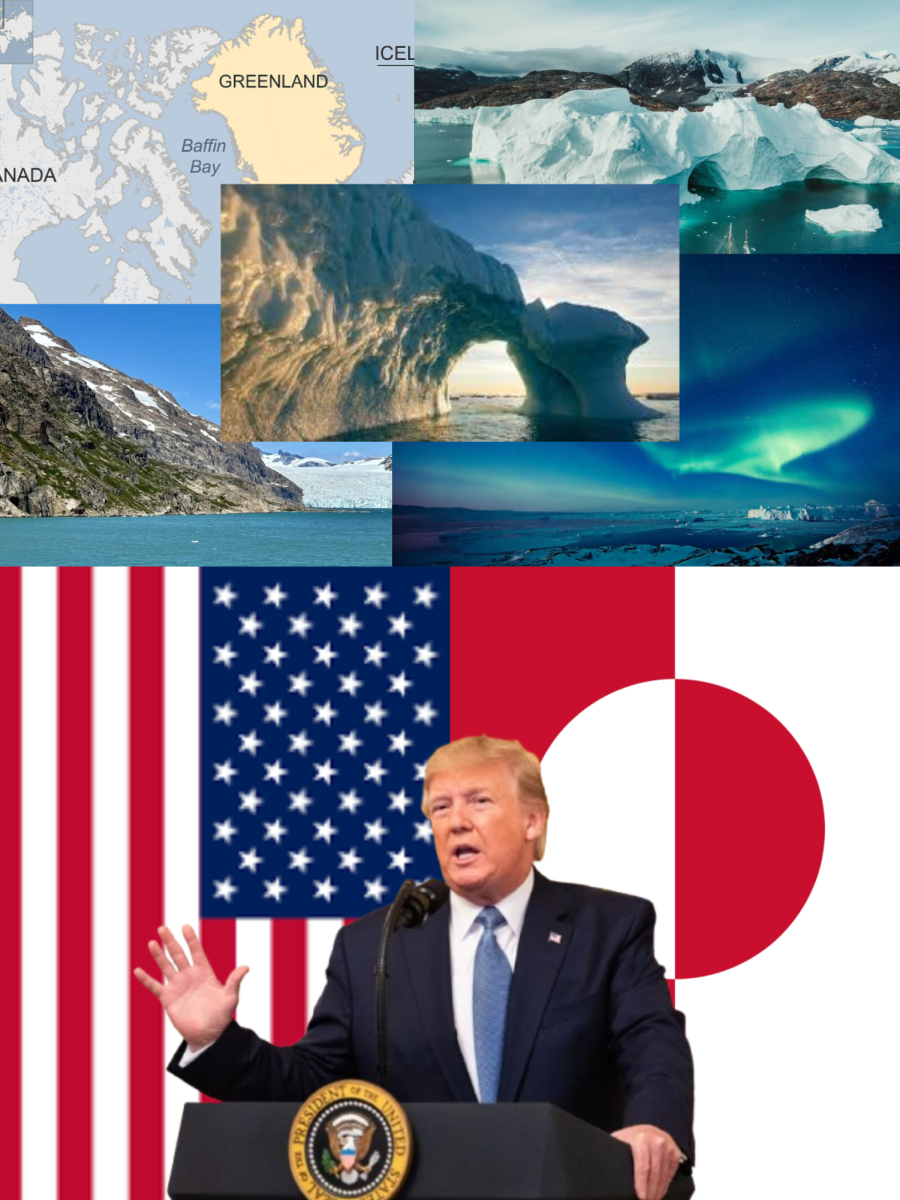

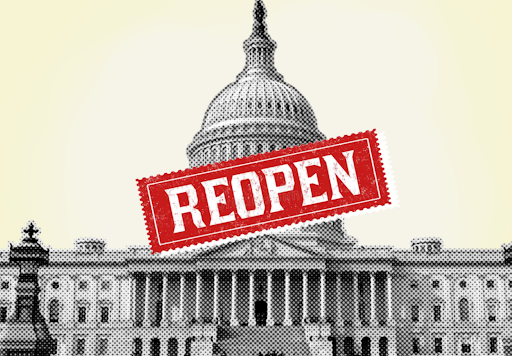
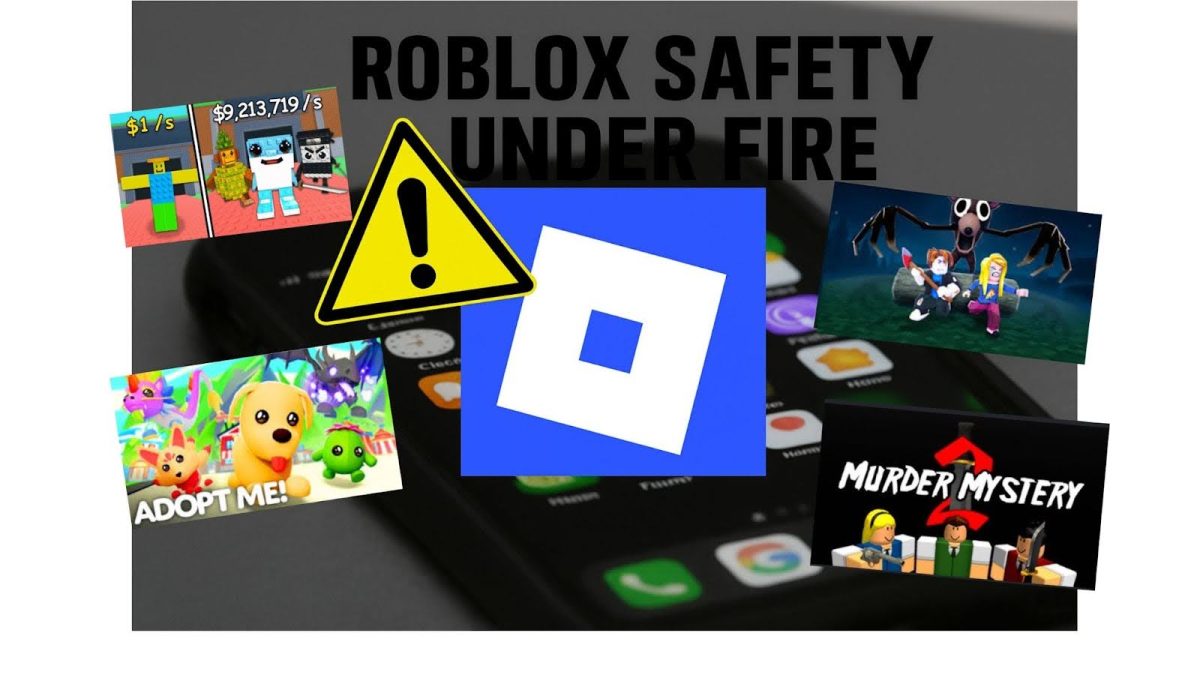
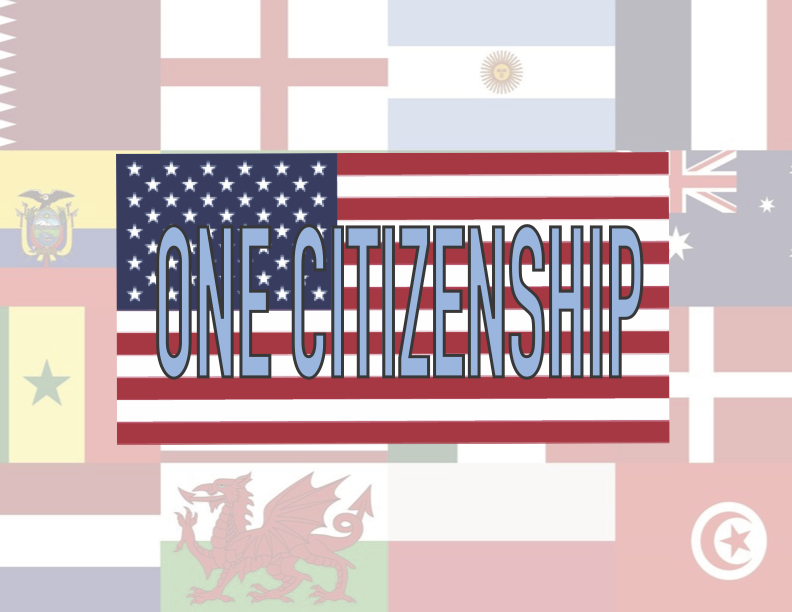


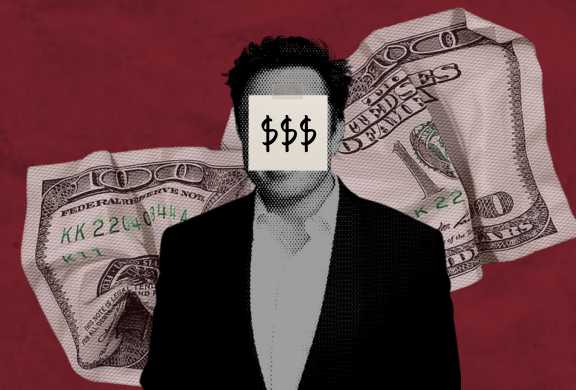
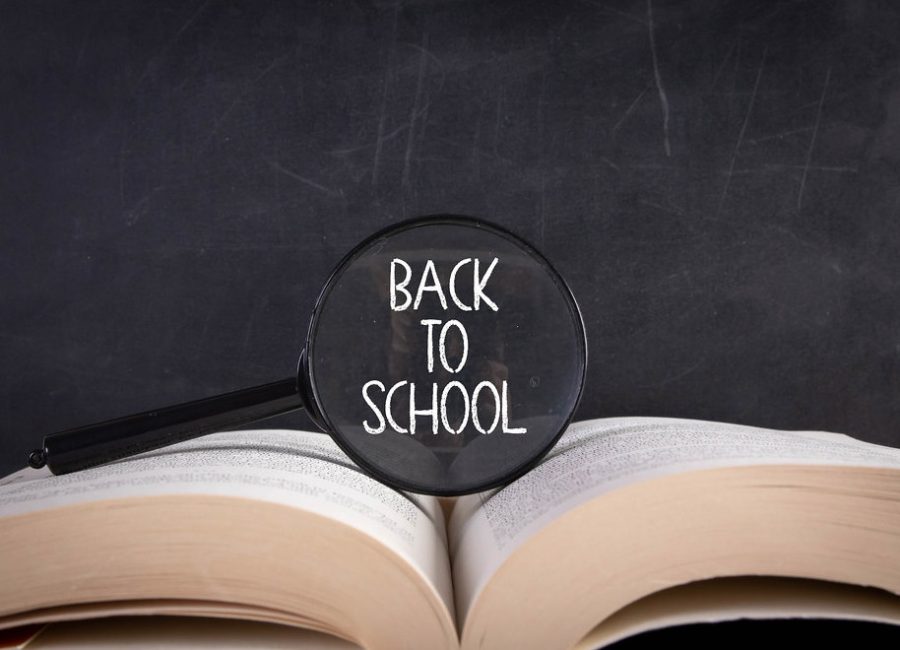
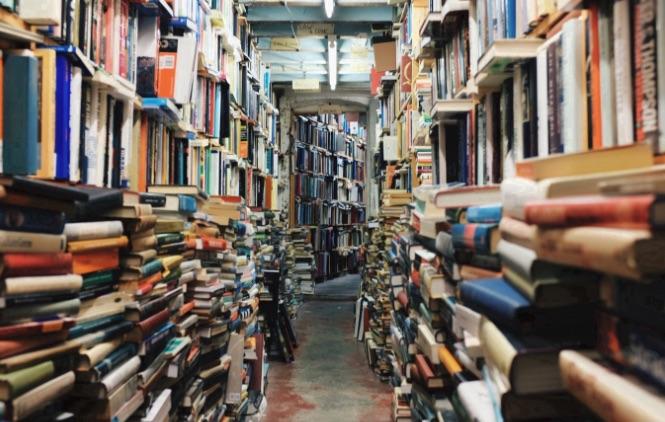
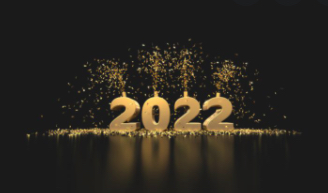
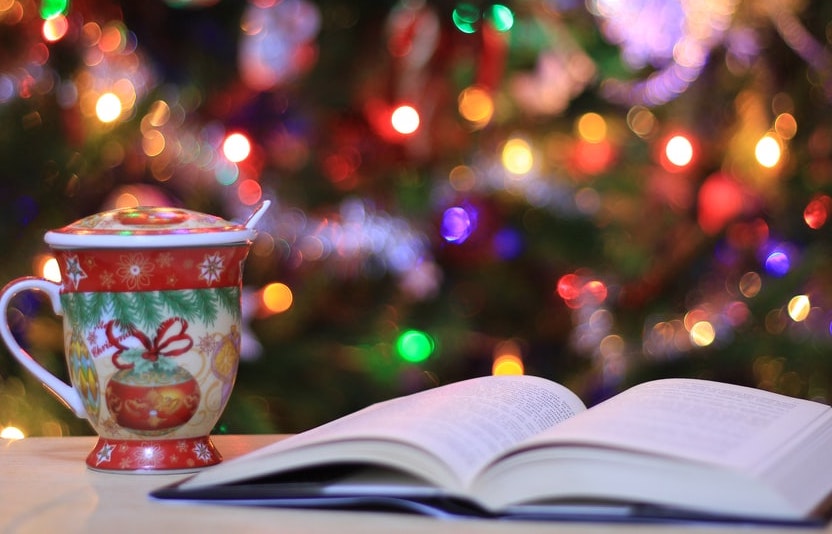
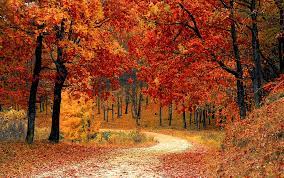
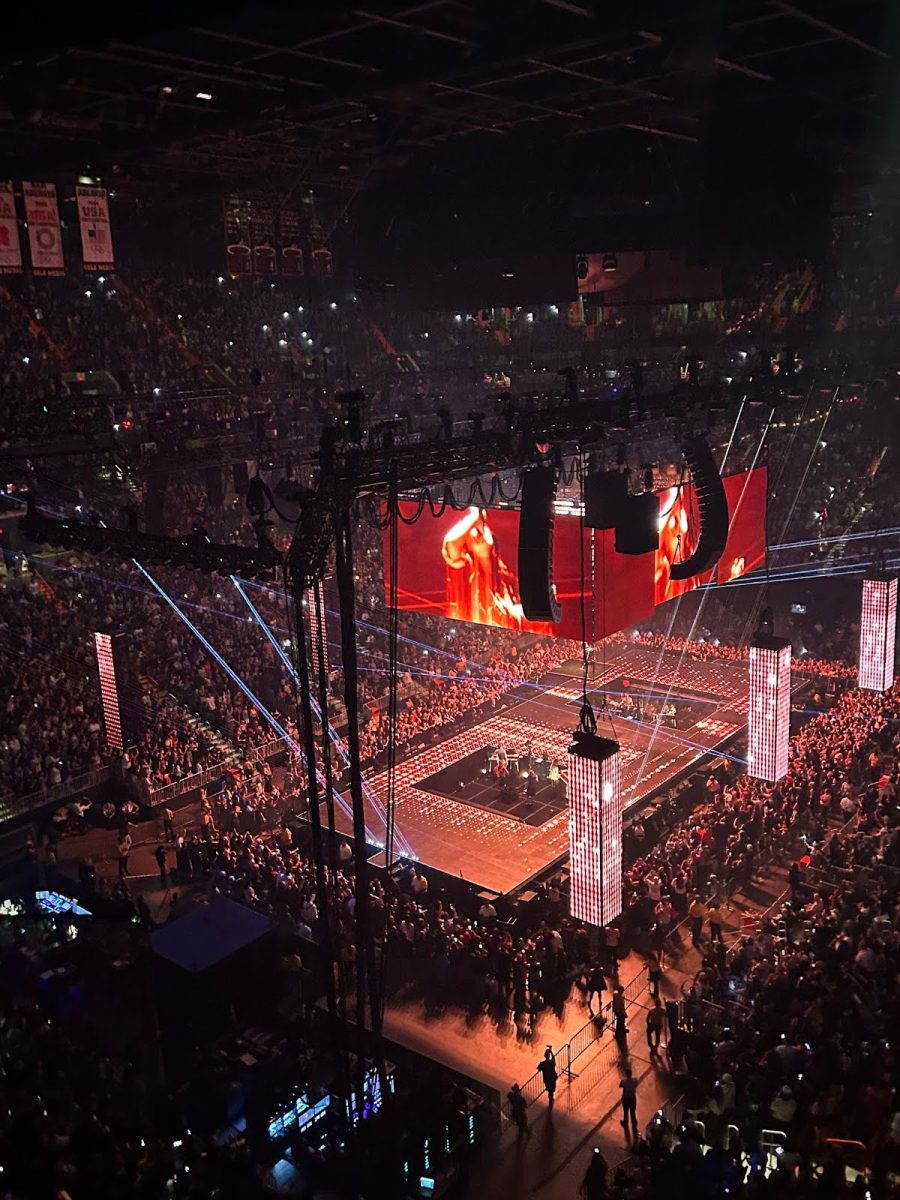
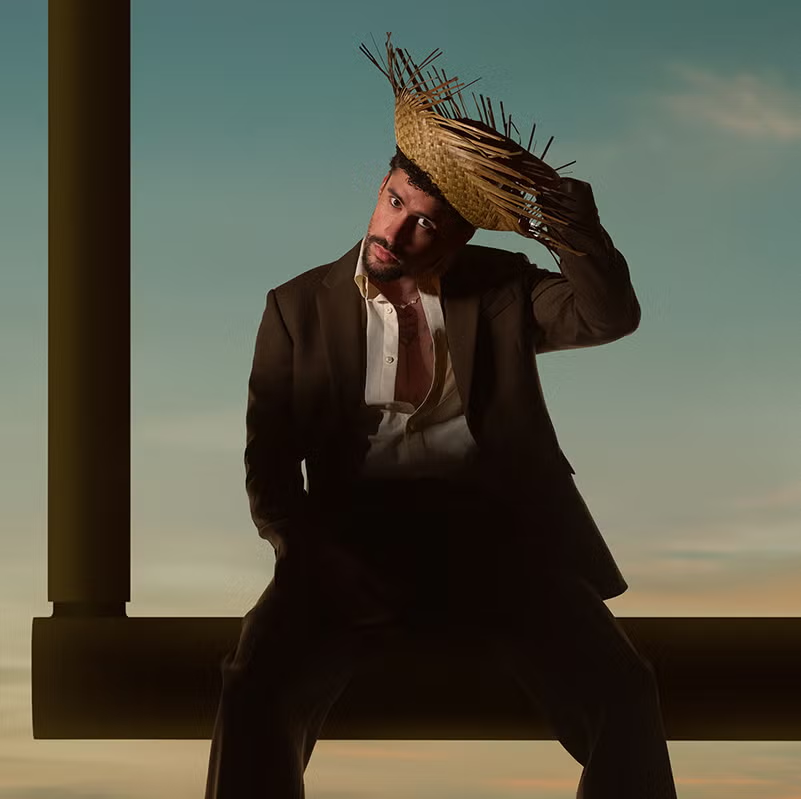
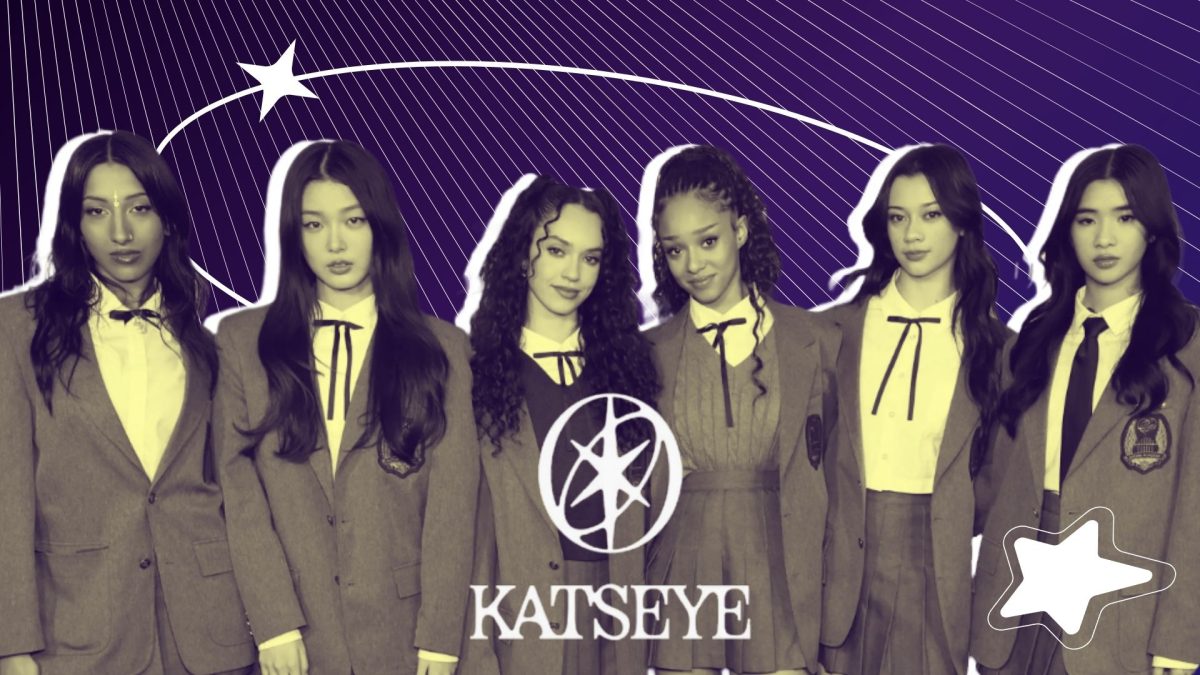
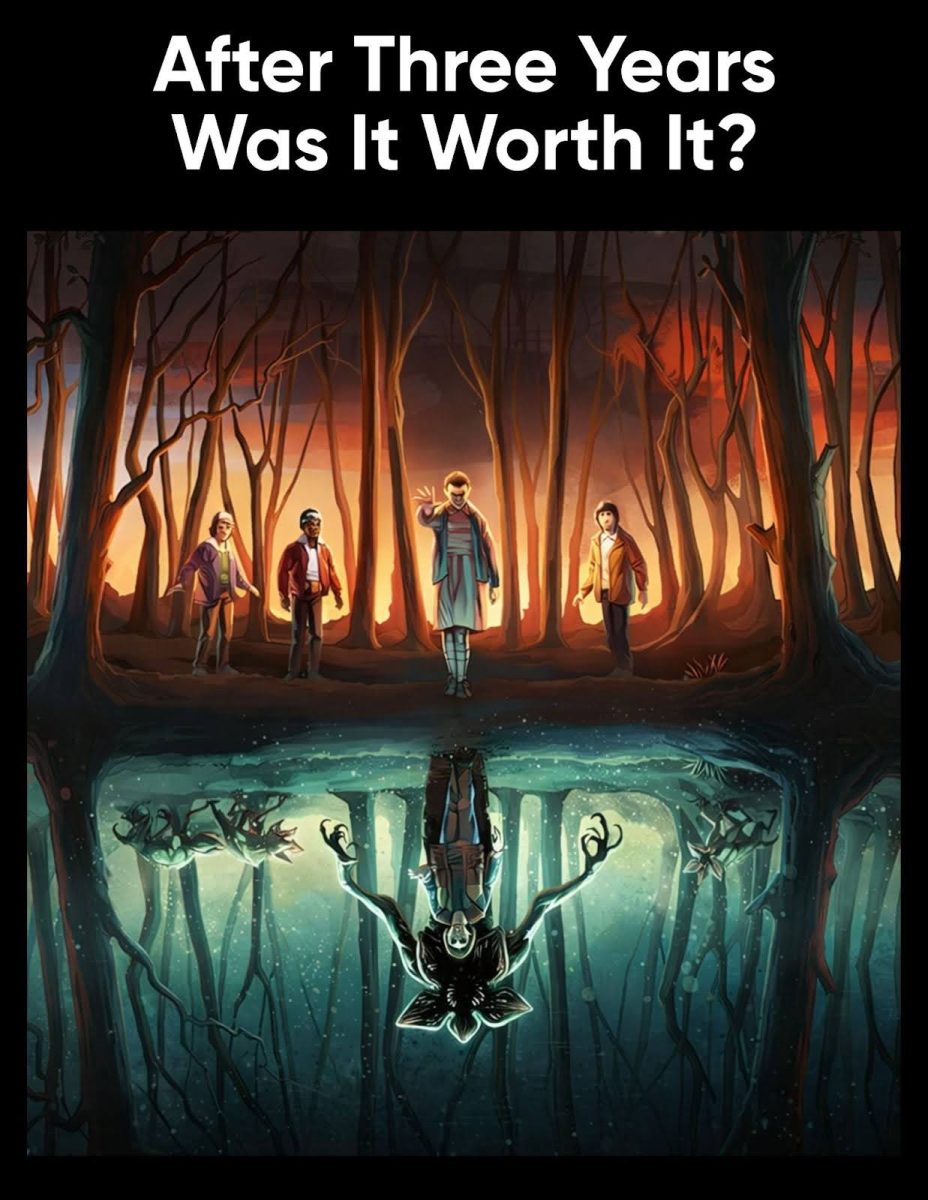
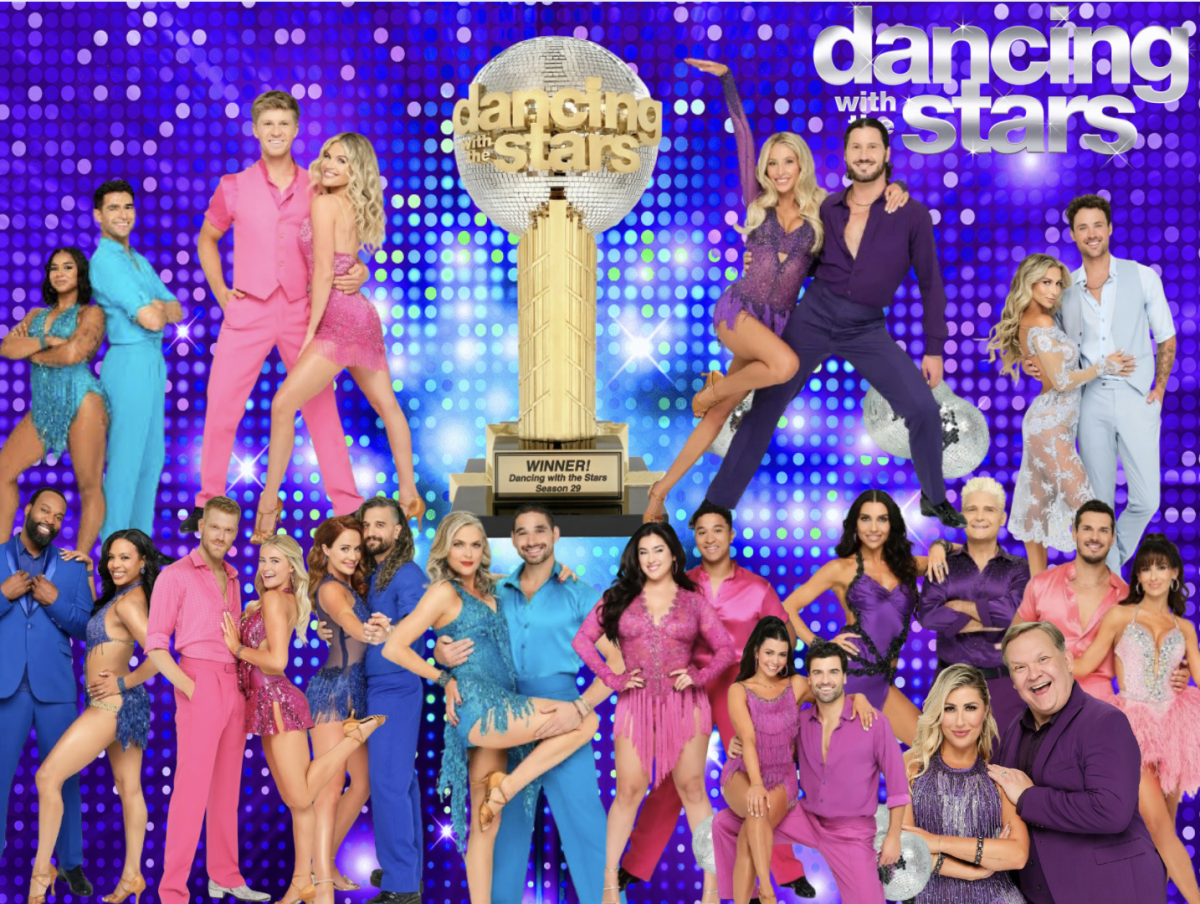
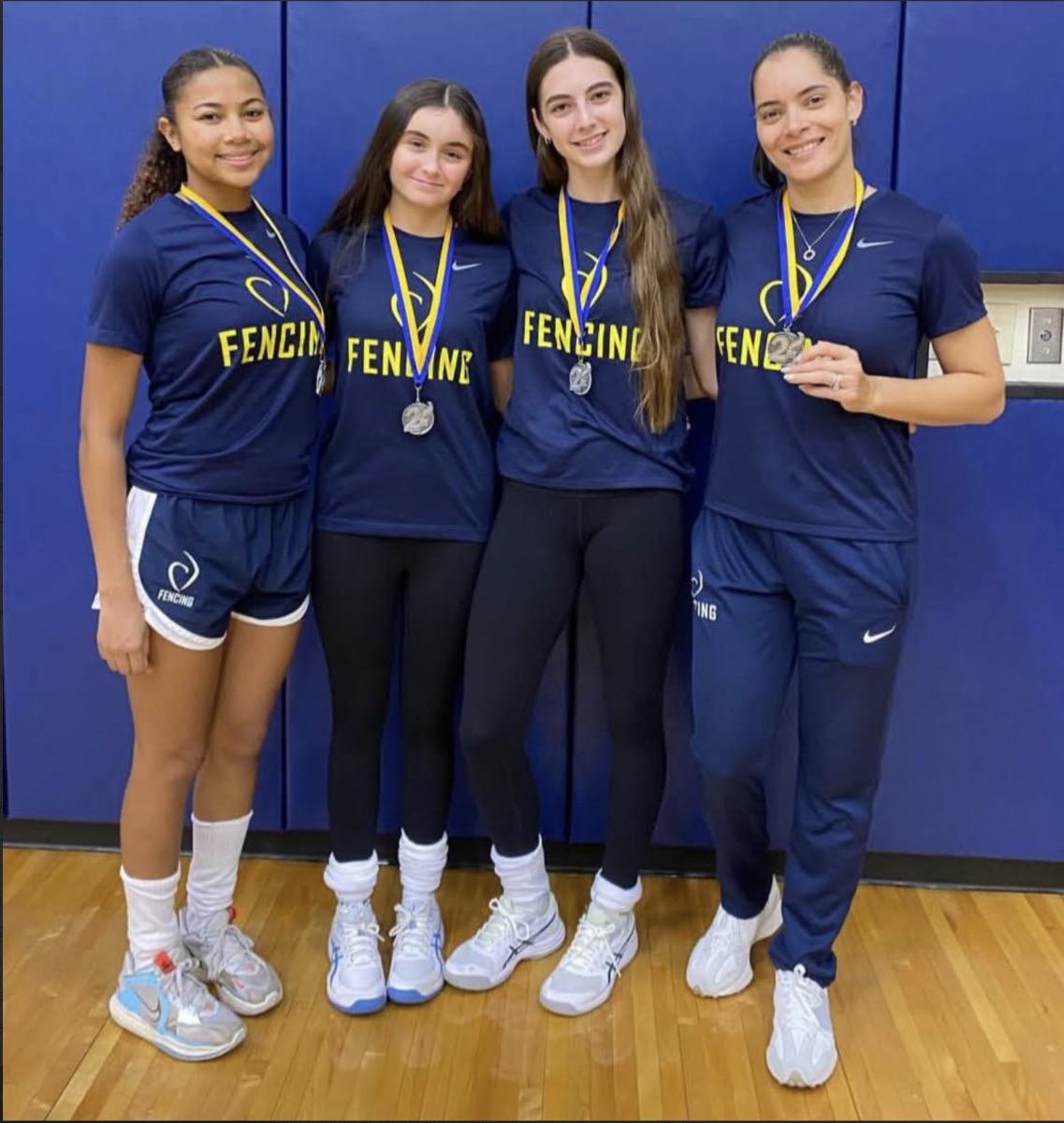
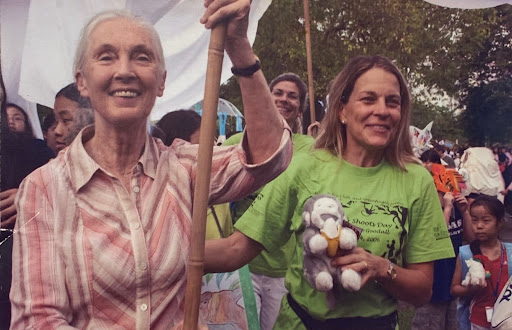
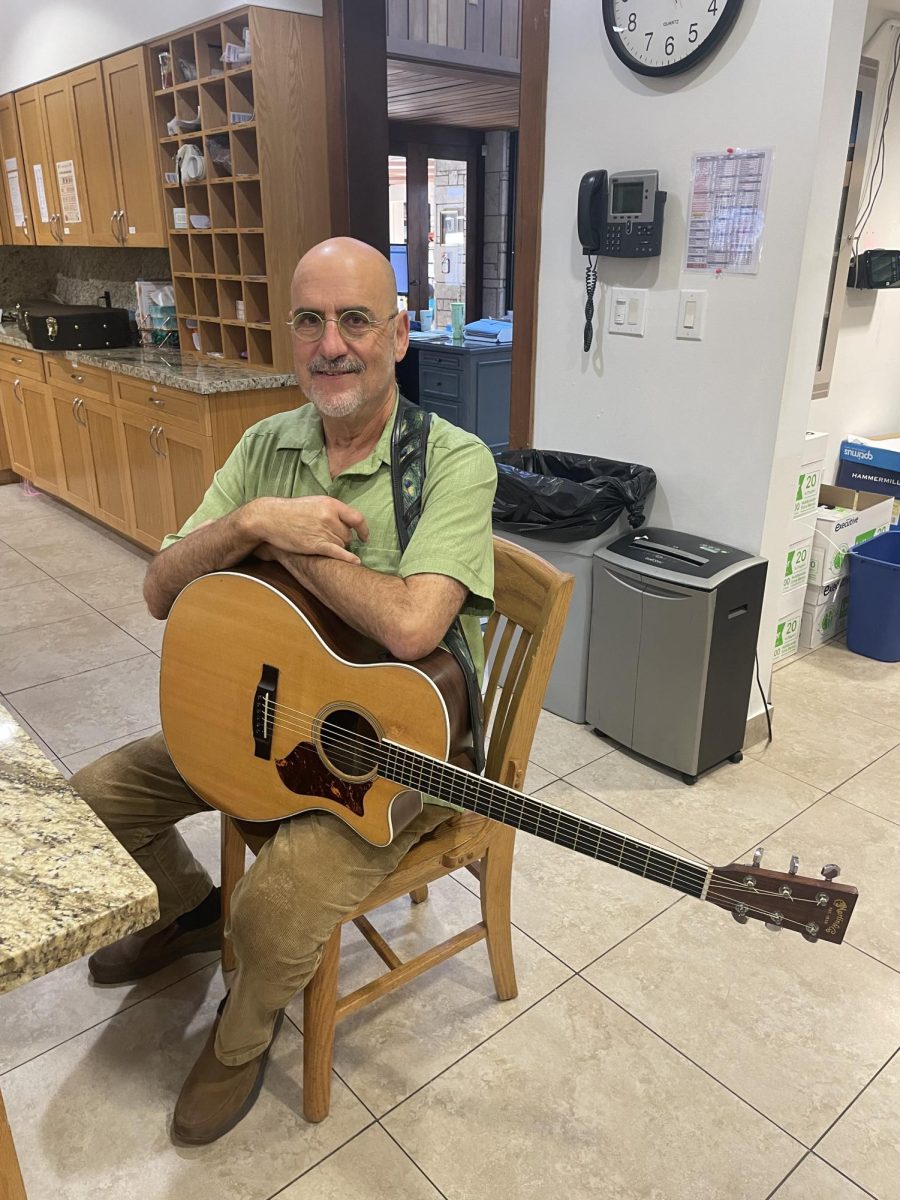
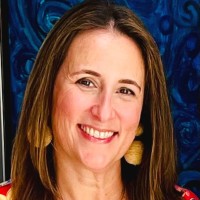
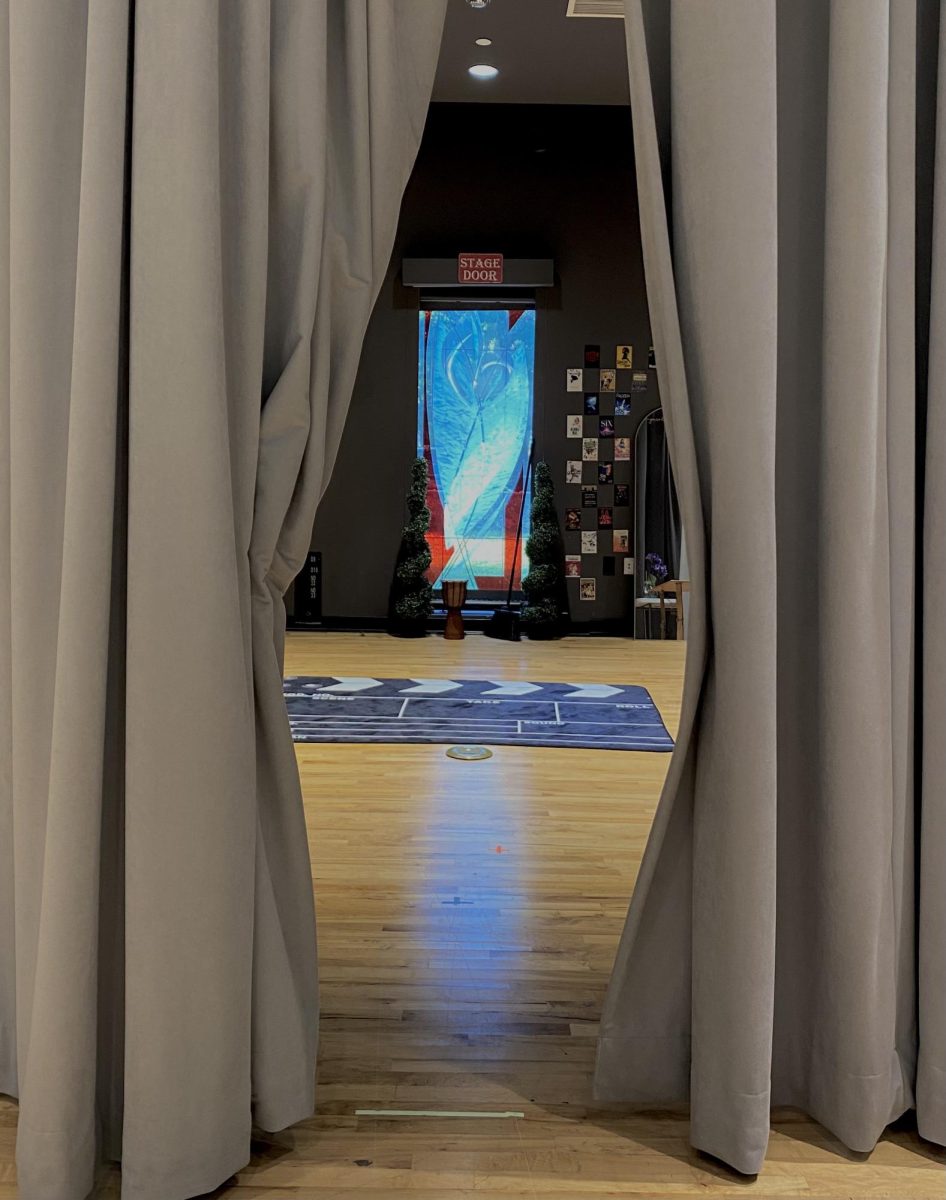
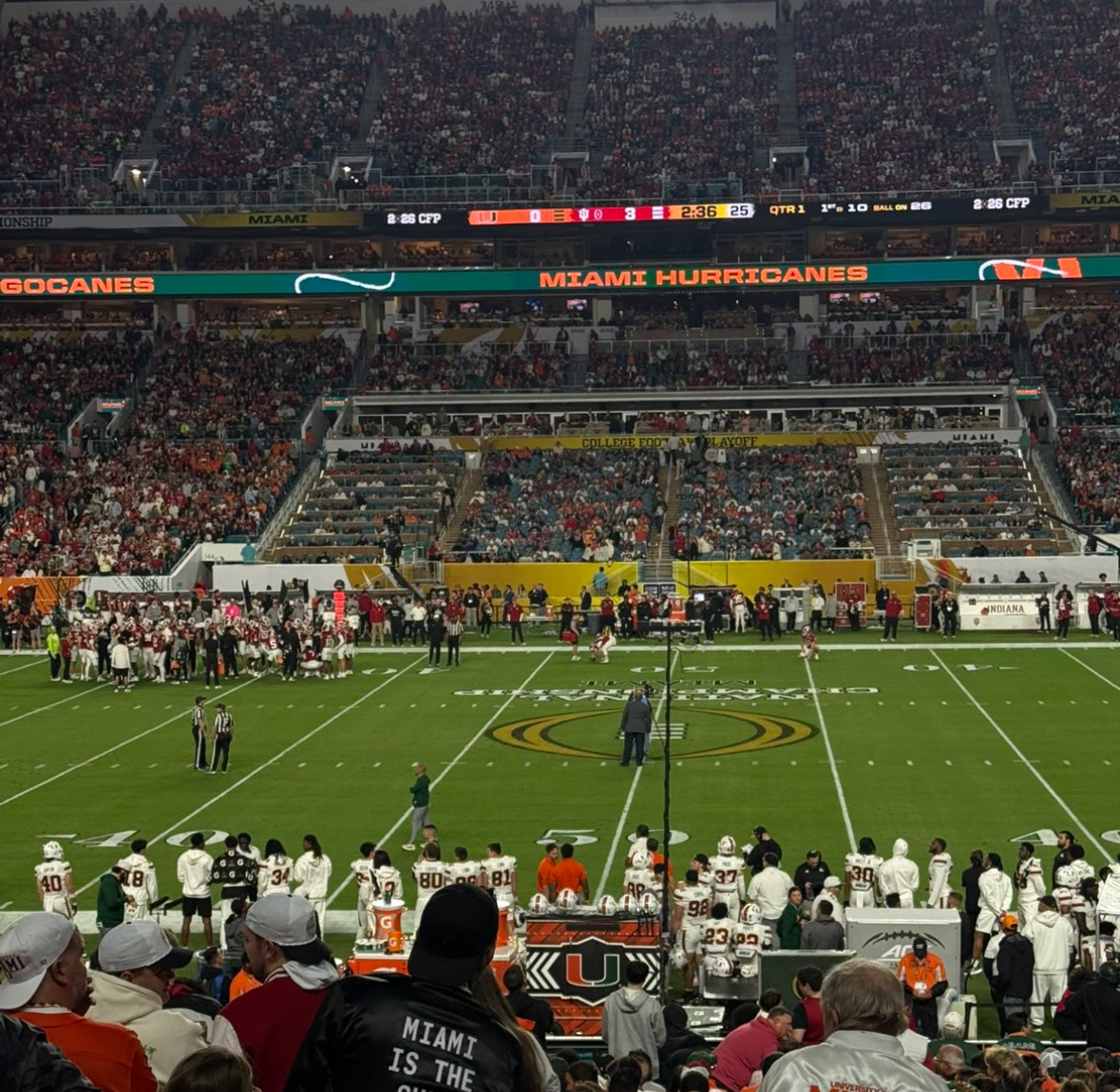

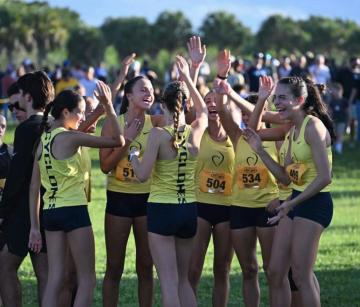

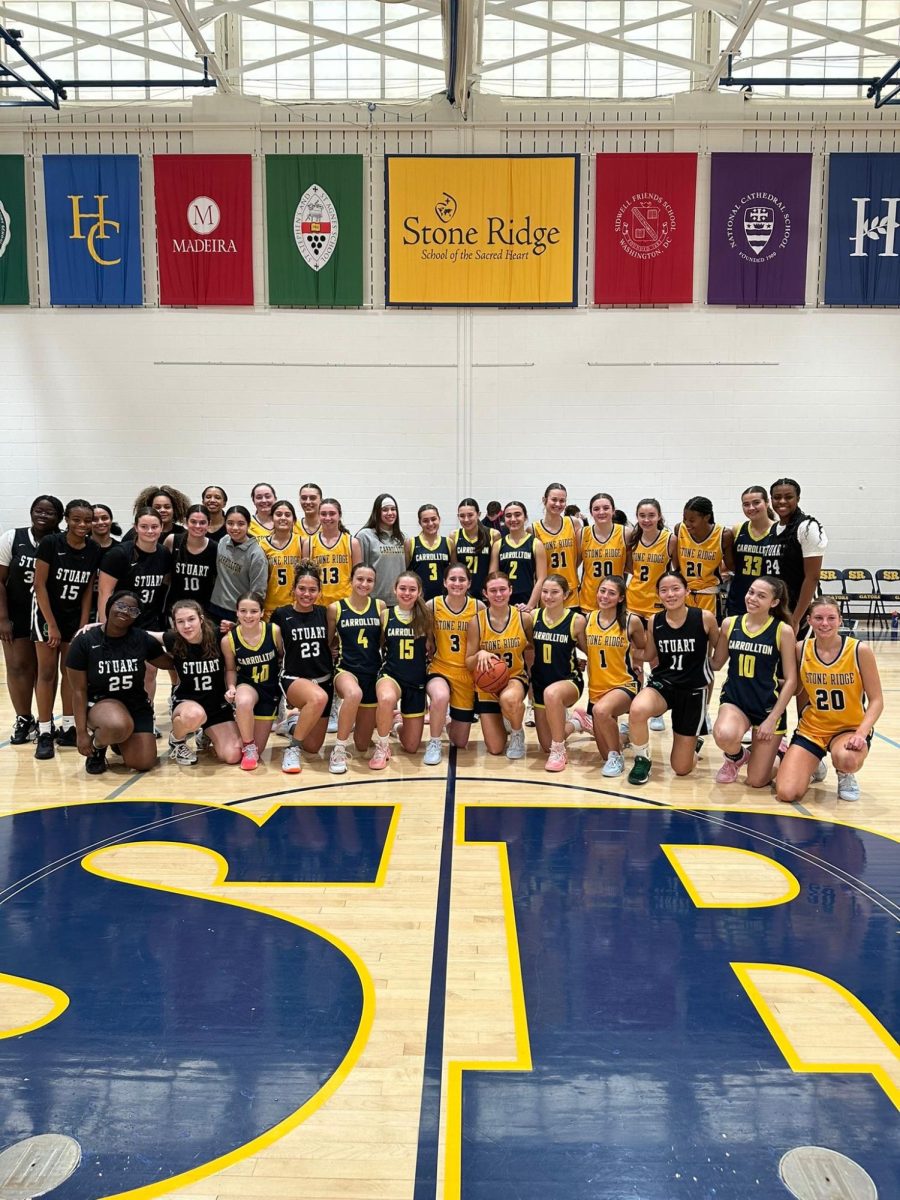
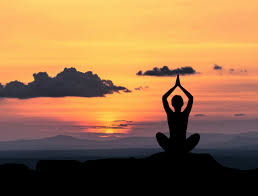
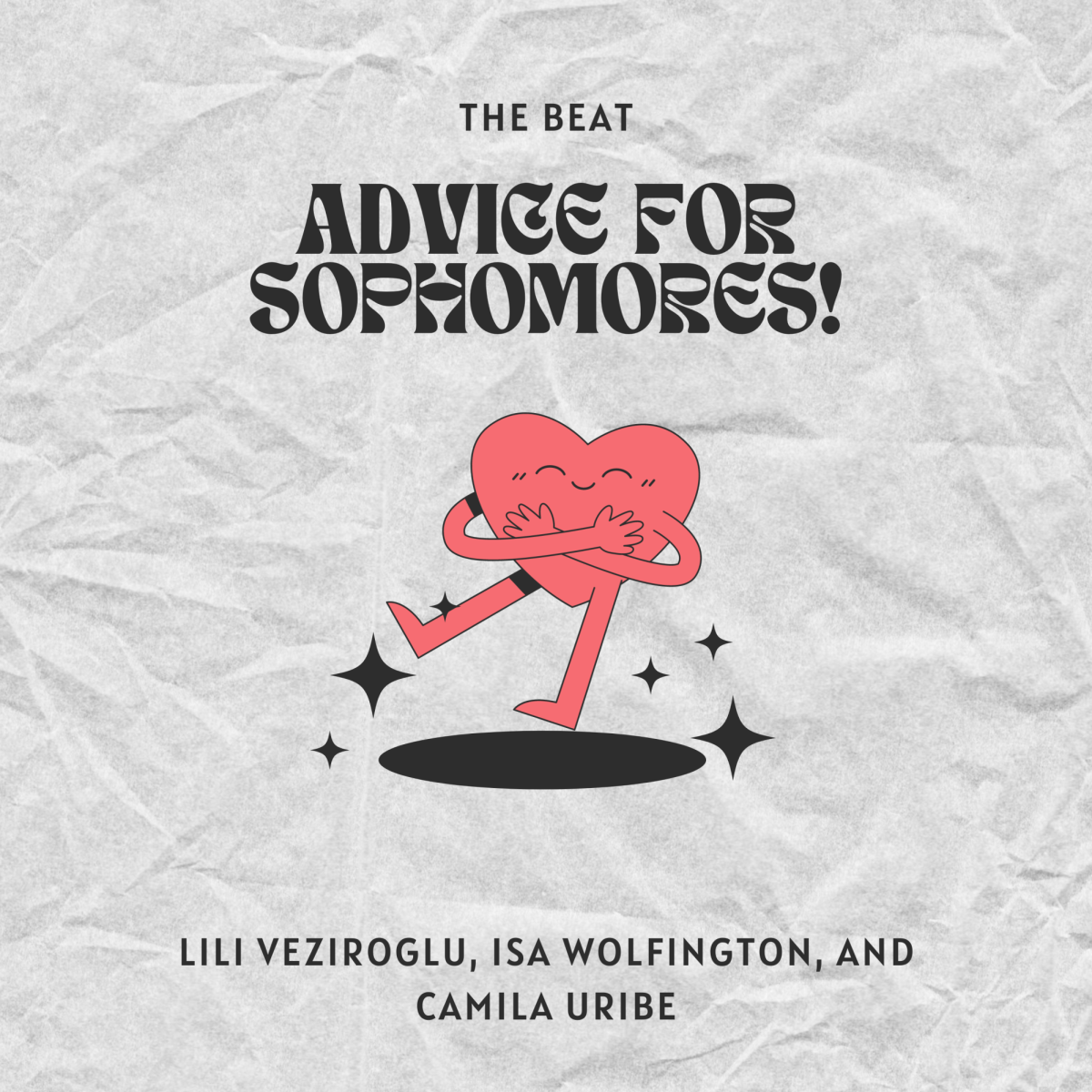

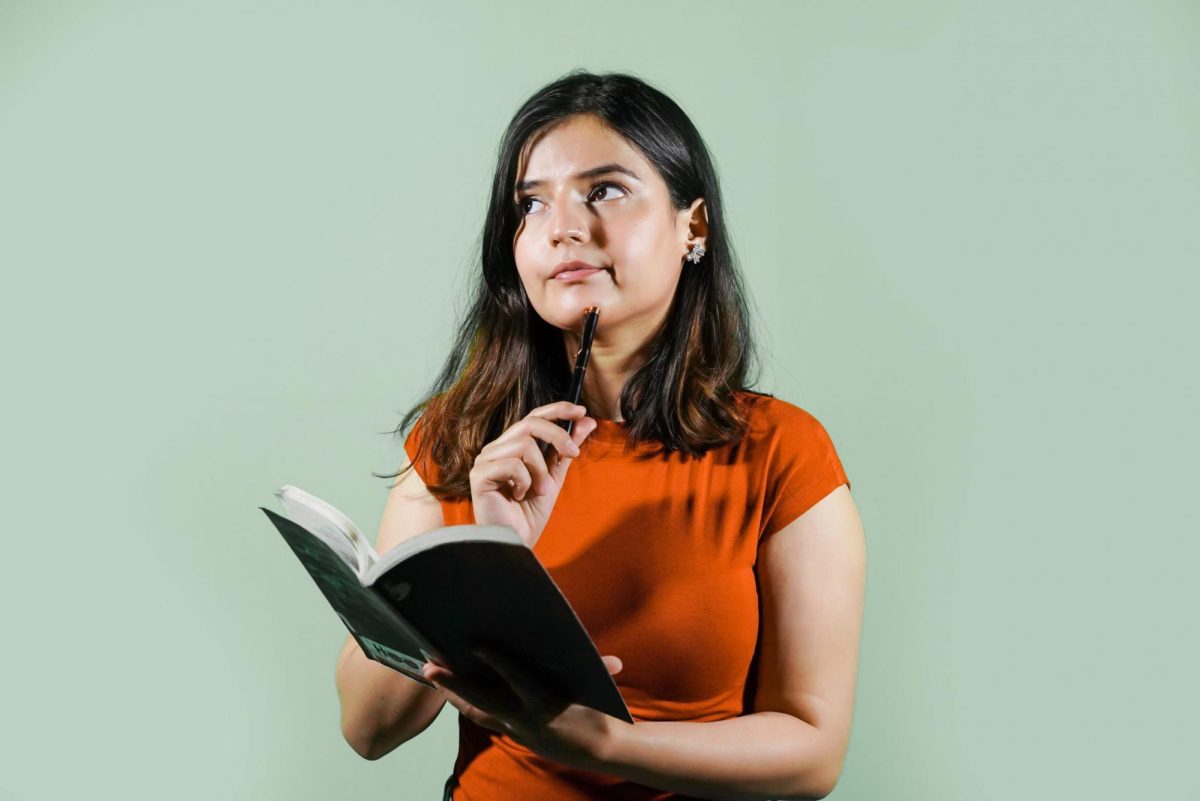


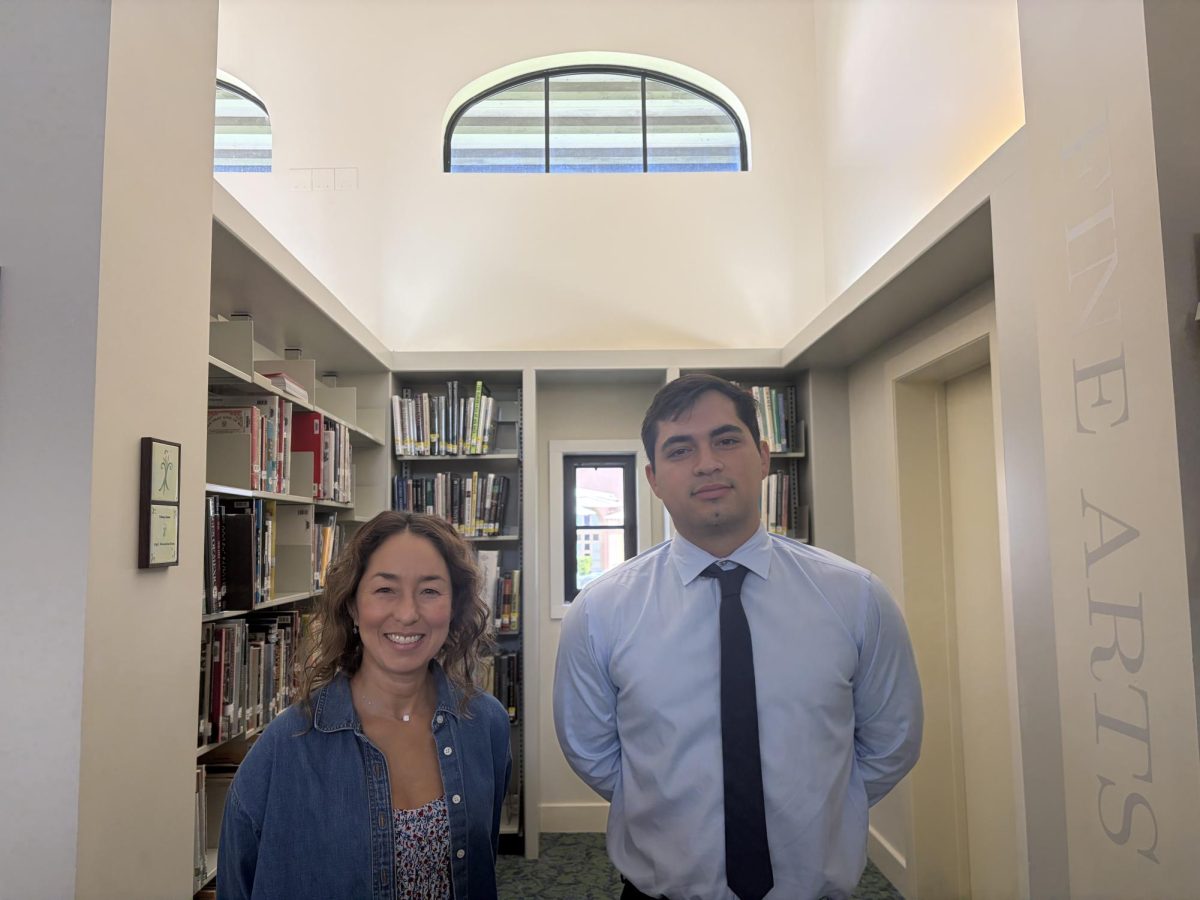
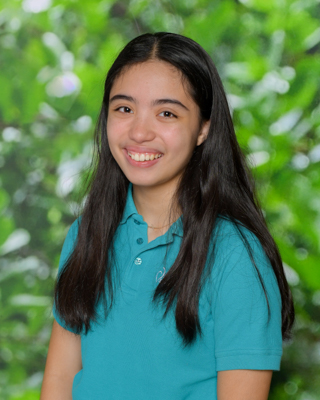
Melissa Cruz • Nov 22, 2024 at 6:40 pm
Great read! I can’t wait to listen to his music.